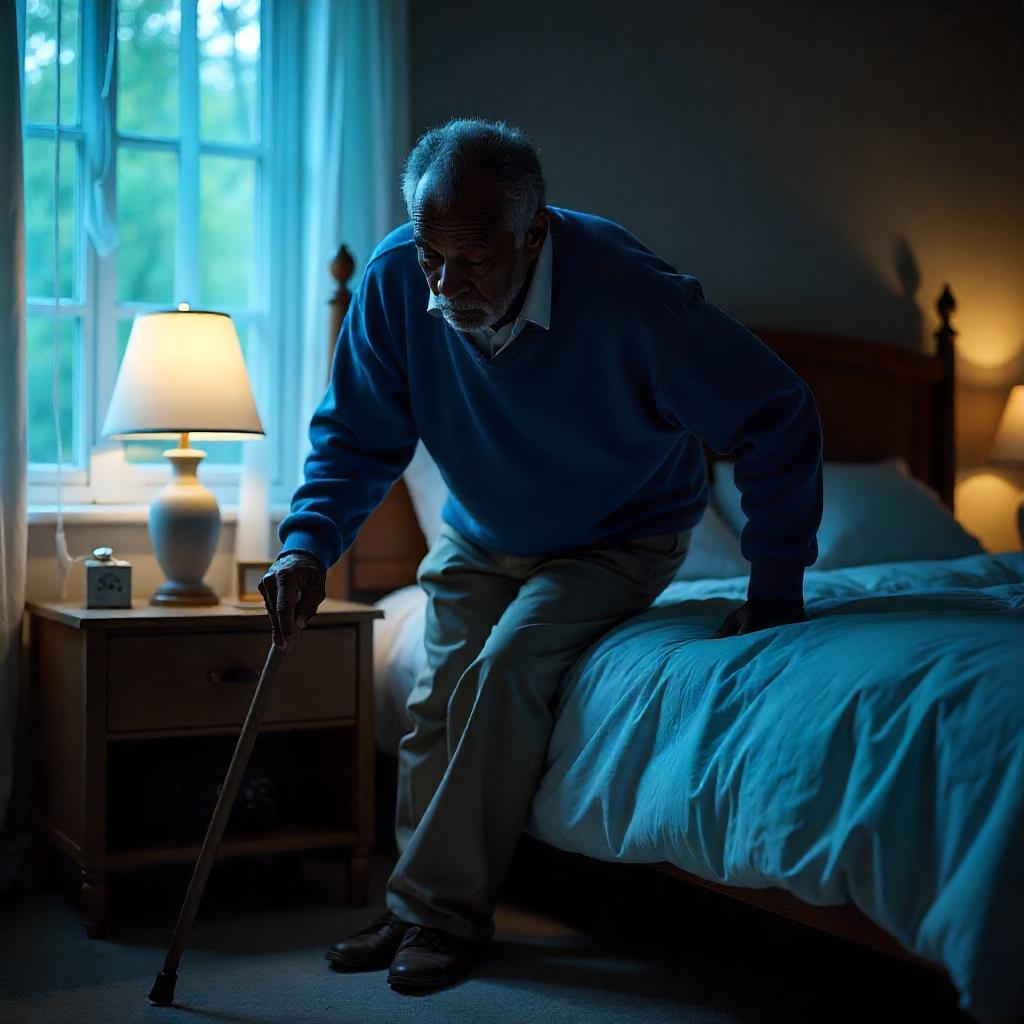Medical Emergencies
In development
Medical Emergencies
- Falls: One of the leading causes of injury among seniors, often resulting in fractures or head trauma.
- Heart attacks: Seniors are at higher risk, and symptoms can be atypical (e.g., fatigue, nausea).
- Strokes: Immediate treatment is critical; watch for signs like facial drooping, arm weakness, or speech difficulty.
- Respiratory issues: Includes COPD flare-ups, pneumonia, or choking.
- Diabetic emergencies: Such as hypoglycemia (low blood sugar) or diabetic ketoacidosis.
- Severe infections: Including urinary tract infections (which may cause confusion), or sepsis.
Preparation:
- Medical ID: Ensure seniors wear a medical alert bracelet or carry ID with critical conditions and medications.
- Emergency contact list: Keep visible and accessible near phones and entrances.
- Medication management: Use pill organizers and medication charts to prevent errors.
- Regular check-ups: Helps catch issues like heart disease, diabetes, or osteoporosis early.
Response:
- Falls: Do not move them if they’re in pain—call emergency services. Monitor for signs of fracture or head injury.
- Heart attack or stroke: Call 911 immediately. Time is critical—don’t wait.
- Diabetic emergencies: If low blood sugar, provide a fast-acting sugar (juice, glucose tabs). Call for help if they’re unconscious or unresponsive.

